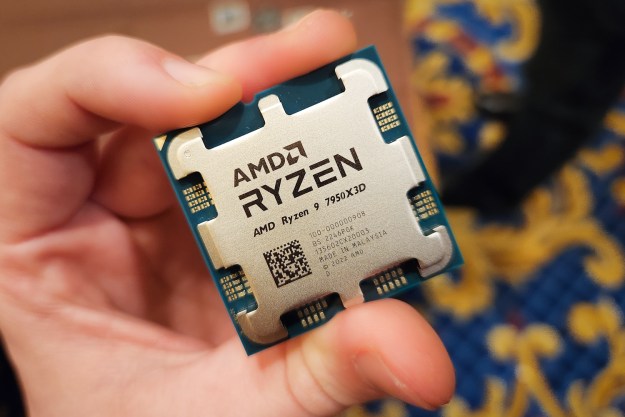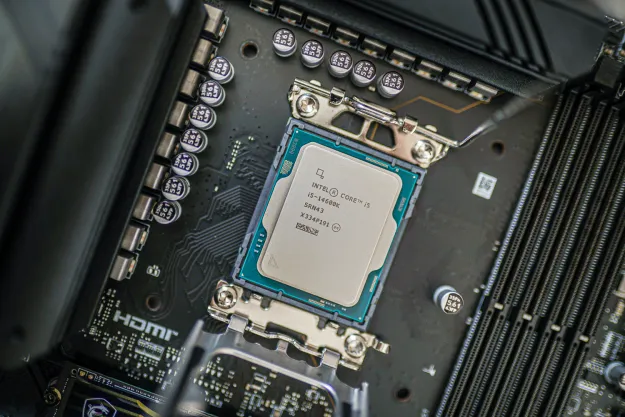
Chipmakers AMD, Nvidia, and Via Technologies—and, reportedly, other companies as well—are apparently tired of waiting for a USB 3.0 spec to be finalized, and are threatening to go off on their own with an alternate USB 3.0 system in order to bring the technology to market faster. The companies apparently believe Intel is holding back the USB 3.0 specification in order to get a jump in the pending market, and is refusing to share the spec with competitors. Not wanting to be left behind, AMD and others are preparing to start work on their own USB 3.0 implementation…and the result could be a marketplace fractured by similar but not-quite-compatible devices.
Nvidia and AMD both declined to comment officially on their position regarding Intel and the USB 3.0 spec, but industry reports have initial meetings for generating a so-called "open" USB 3.0 specification are set for next week.
The USB 3.0 spec is designed to be backward compatible with existing USB connectors, but offer about 5 gigabits per second of bandwidth—that’s about ten times what today’s USB 2.0 connections offer.
For its part, Intel is engaged in active spin control, with Intel’s Nick Knuffler offering a public post to "dispell the myths" about the company’s role in forming the USB 3.0 spec. Knuffler correctly points out that Intel is just one company in the larger USB 3.0 Promoter Group which is creating the USB 3.0 spec: other members incude HP, Microsoft, NEC, and Texas Instruments—with AMD and Nvidia both on board as "contributor" companies. The spec is due to be completed in the second half of 2008.
Separately, Intel is also developing its own host controller specification, which the company maintains is separate from the USB 3.0 specification itself. The host controller spec is a guide to creating actual silicon that supports USB 3.0: Intel says it plans to release the controller spec when it’s completed (probably in the second half of 2008) and make it freely available, just as it did with Wireless USB, USB 2.0, and USB 1.1. Intel concedes anybody can decide to create a USB 3.0 host controller specification, but they’d have to throw "gazillions of dollars and bazillions of man hours" into it—just like Intel. Intel doesn’t want to distribute an unfinished spec, and can’t be sure everything is nailed down until the actual USB 3.0 spec is finalized. So, Intel isn’t yet sharing its USB host controller spec with the world—and that’s making other companies antsy.
However, from the perspective of Intel’s competitors, the lack of a host controller spec—even in preliminary form—means that Intel will have several months head start on the USB 3.0 market once the specification is finalized. They’re not interested in playing catch-up with Intel: they want to be competitive as soon as USB 3.0 hits the street.
USB 3.0 devices are expected to begin reaching consumers in 2009.
Editors' Recommendations
- AMD’s canceled GPU could have crushed Nvidia
- I tested Intel’s XeSS against AMD FSR — and the results speak for themselves
- 4 CPUs you should buy instead of the AMD Ryzen 7 5800X3D
- The one AMD 3D V-Cache processor you should avoid at all costs
- Nvidia turns simple text prompts into game-ready 3D models


